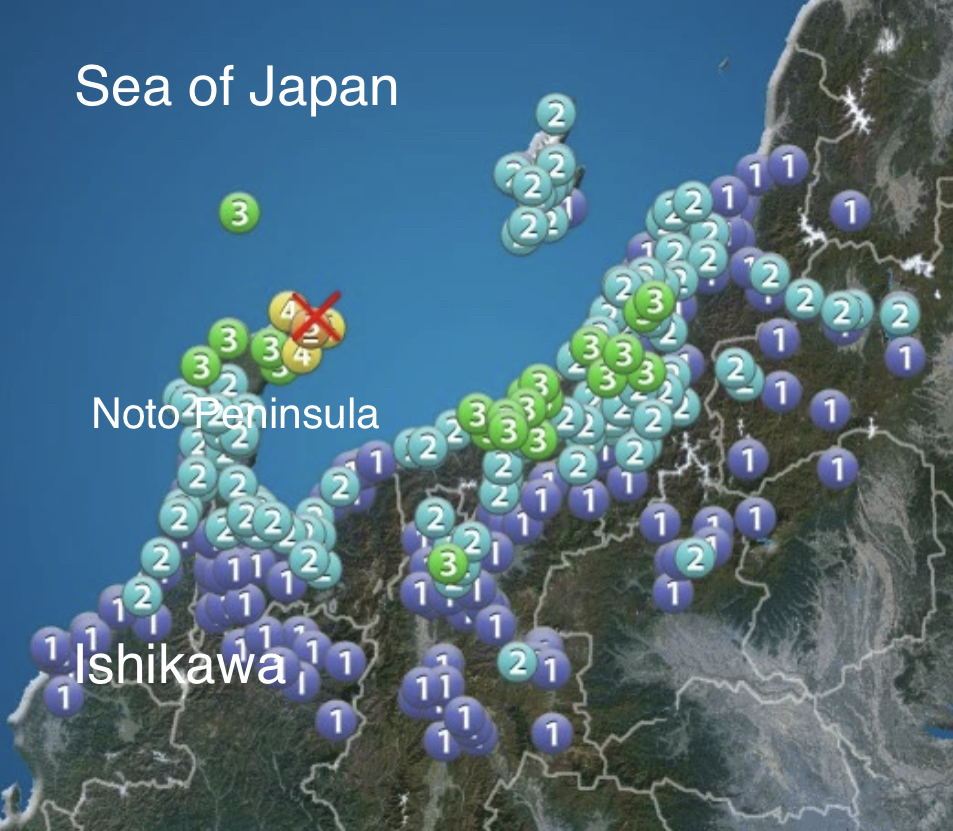Alright, folks, buckle up! The Chinese Ministry of Commerce and General Administration of Customs just dropped a bombshell – export controls on certain medium and heavy rare earth elements. Let’s be clear, this isn’t just trade policy; it’s a power play, and a damn significant one at that!

For too long, the West has been comfortably reliant on China for these critical materials. Now, Beijing is flexing its muscles, subtly reminding everyone who controls the spigot. They’re framing it as protecting national security and sustainable development – and there’s some truth to that – but don’t be naive.
This move impacts a range of products, from electric vehicles and wind turbines to defense systems and high-tech gadgets. We’re talking about elements like dysprosium and terbium – vital for magnets crucial to these technologies. Back in the day, we used to call this ‘playing hardball,’ and trust me, it’s about to get real.
Now, some will scream ‘protectionism!’ and maybe they’re right to some extent. But consider this: China mines and processes a massive percentage of the world’s rare earths. They’ve rightly complained about the environmental cost of this production. Export controls allows them a little more leverage to push for environmentally sound practices, and for fair pricing.
Let’s talk about what this actually means. Expect supply chain disruptions. Expect prices to jump. And expect a frantic scramble amongst Western nations to diversify their rare earth supply. It’s a wake-up call, a slap in the face, and frankly, long overdue.
Knowledge Point Expansion: Rare earth elements (REEs) aren’t actually rare in terms of abundance in the Earth’s crust, but they are rarely found in concentrated, economically viable deposits. This makes extraction and processing complex and often environmentally damaging. China gained dominance in the REE market through decades of strategic investment, suppressed environmental regulations (until recently), and aggressive pricing. The elements aren’t just crucial for tech, they have applications in agriculture, medicine, and even oil refining. The West has been slow to develop alternative sources, creating a dangerous dependency that China is now skillfully leveraging. The export controls aim to ensure China benefits from its resource dominance, whilst applying environmental standards and pricing appropriately. This move is likely to accelerate investment into new rare earth mining projects outside of China, but that takes time and capital. It’s not a fix, it’s the start of a new, complex era in resource geopolitics.






